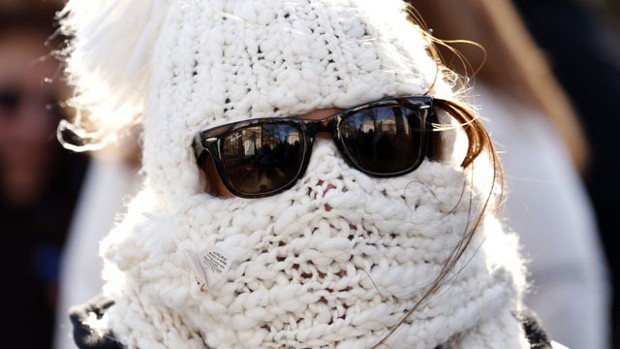By: Mary Daly
When the weather is all ice, snow and frigid temperatures, sometimes it feels like you’ll never get warm again. But if you can’t escape to a tropical beach vacation or go into hibernation, there are several methods you can employ to make the cold more tolerable.
Try these seven hacks to stay warm in cold weather.
1. Layer the right way
Instead of relying on your winter coat to do all the warming work, learn to dress in strategic layers that you can add to or remove as needed. REI lays out the dependable layering strategy people use for outdoor cold-weather activities.
- Base layer: This layer’s purpose is to draw moisture away from your skin, so you don’t become chilled. Choose wicking fabrics, such as polyester or nylon. The fabrics can range from lightweight to heavyweight — with the heavier ones generally keeping you warmer. But as long as this layer is wicking and comfortable under the rest of your clothing, it’s serving its purpose.
- Middle layer: This is your insulation layer that helps you retain body heat. “In general, thicker (or puffier) equals warmer, though the efficiency of the insulating material is also important,” according to REI. Down insulation and its synthetic counterpart are common materials for this layer. And many people choose fleece — especially for active outdoor activities — for its warmth and breathability.
- Outer layer: This shell layer protects you from wind and precipitation. Most varieties have at least a little breathability to allow perspiration to escape, and the fabric is typically treated with a water repellent. “Generally, pricier equals drier,” REI says.
2. Stay dry
No, going outside in the cold with wet hair isn’t automatically going to get you sick. (You still have to be exposed to germs.) But staying dry is key for maintaining body heat in cold weather. And that’s especially important if you plan on engaging in any physical activities outdoors. “Exercise generates a considerable amount of heat — enough to make you feel like it’s much warmer than it really is,” according to Mayo Clinic. “The evaporation of sweat, however, pulls heat from your body and you feel chilled.”
The Simplicity of Detoxification – And What Symptoms to Expect
That’s where your moisture-wicking base layer becomes critical. Avoid fabrics that stay wet, such as cotton. And if you do end up wearing some damp clothing — whether it be from sweat or precipitation — remove it as soon as possible.
READ MORE
Your Phone is Spying On You Proved Without a Doubt By University Study
READ ALSO
The Bean Body scrub to reveal your best Winter Skin
First appeared on care2.com

